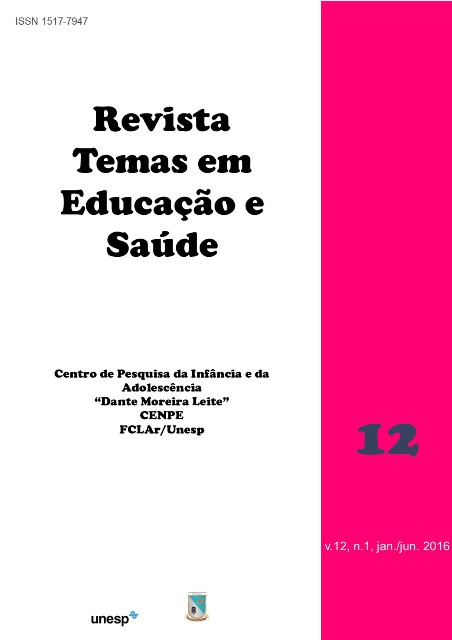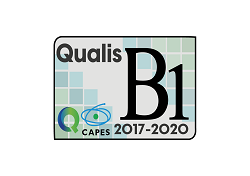A construção do genograma de famílias Guarani-Mbyá: uma estratégia para fortalecimento e reconhecimento de uma comunidade indígena de cultura ancestral
DOI:
https://doi.org/10.26673/tes.v12i0.9813Palavras-chave:
Cultura, Guarani, Família, Genograma, Comunidade indígena,Resumo
A pesquisa foi realizada em uma comunidade Guarani, às margens da RS 040, no município de Capivari do Sul/RS, com uma comunidade de 40 indivíduos, que se encontram em situação de vulnerabilidade social e cultura. Trata-se de uma pesquisa que se constitui por uma abordagem qualitativa descritiva, que se utiliza do método estruturalista- funcionalista (PARSONS, 1902-1979) e (MERTON, 1910-2003) de investigação e da pesquisa-ação (TIOLLENT,1947) enquanto metodologia, para articulação teórico-prática e análise dos dados da pesquisa etnográfica. Utiliza-se como ferramenta a construção do genograma familiar (MC GOLDRICK, 2012) e do ecomapa (MC GOLDRICK, 2012) da comunidade, norteados por um questionário estruturado, visando à escuta da voz desses sujeitos. A análise dos dados traz reflexões hermenêuticas e semióticas, à luz dos conceitos de Gadamer (1900 - 2002) e Peirce (1839-1914), por uma perspectiva histórica e cultural, estabelecendo um diálogo com autores da Terapia Familiar Sistêmica. Por fim, nas considerações finais, a importância cultural dos Guaranis para a sociedade contemporânea, bem como as possibilidades da utilização do genograma como ferramenta de atendimento das comunidades e famílias, tanto no enfoque terapêutico, quanto para formulação ou estruturação de políticas públicas.
Downloads
Downloads
Publicado
Como Citar
Edição
Seção
Licença
Os manuscritos aceitos e publicados são de propriedade da Temas em Educação e Saúde. Os artigos publicados e as referências citadas na Temas em Educação e Saúde são de inteira responsabilidade de seus autores. É vedada a tradução para outro idioma sem a autorização escrita do Editor ouvida a Comissão Editorial.







